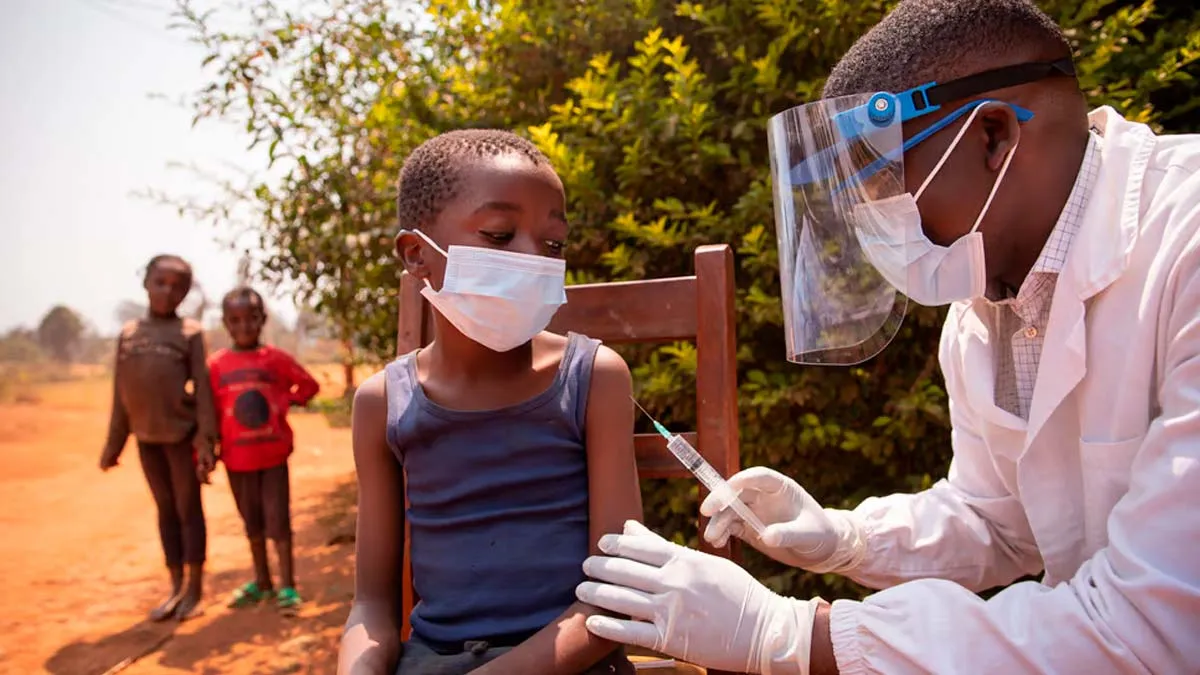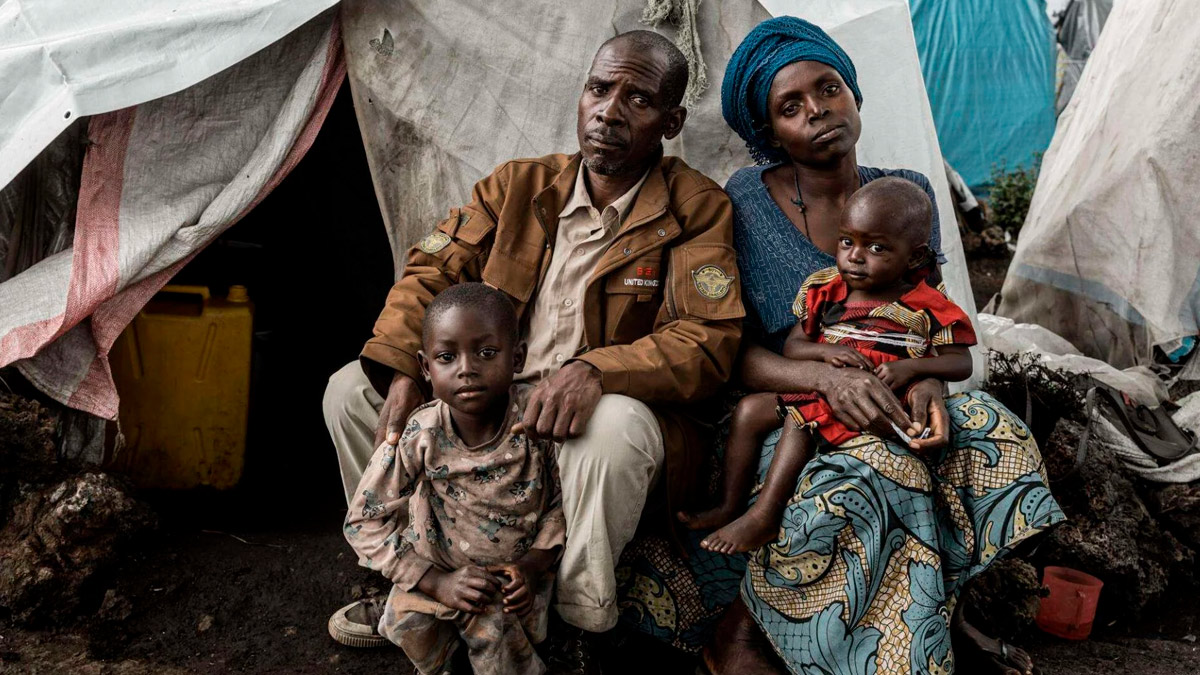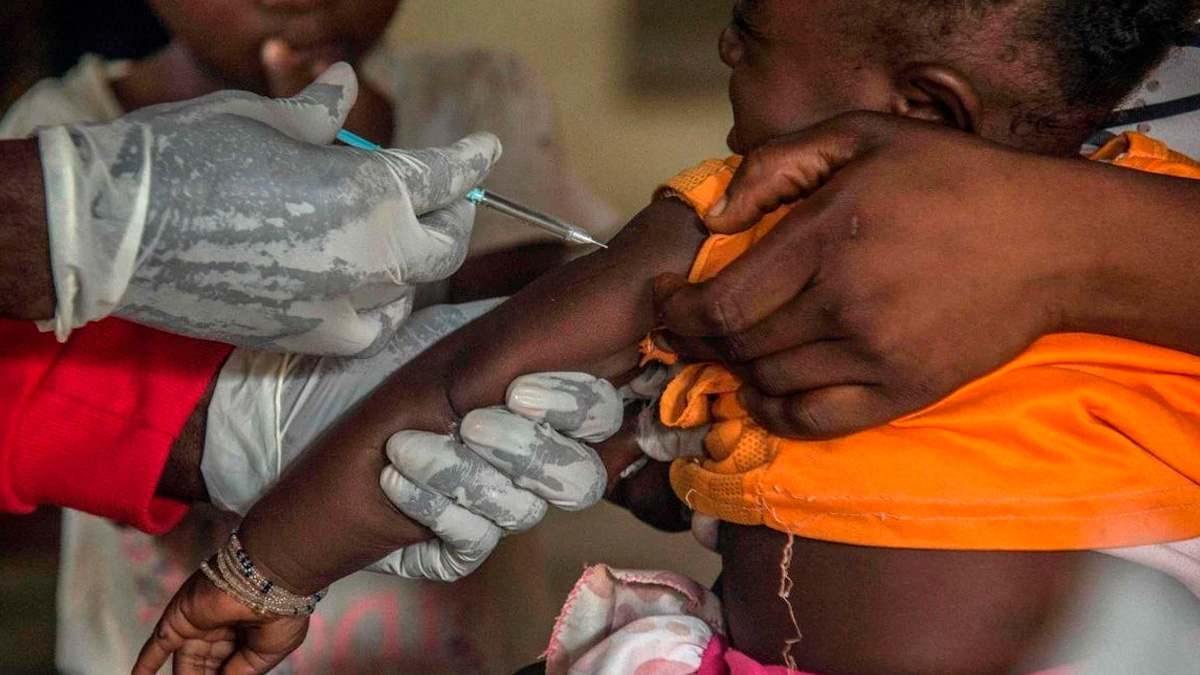
A deadly outbreak in the Democratic Republic of Congo (DRC) has left health officials and the public in shock, with 143 people reported dead and nearly 600 infected. The mysterious disease, which first surfaced in October, has now been identified as a severe form of malaria. This discovery has brought some clarity to the alarming health crisis that swept through the southwestern Kwango province, where the disease caused widespread panic. With its fatality rate of 6.2%, the outbreak has underscored the vulnerability of the region’s population to this deadly illness.
Table of Content:-
The Mystery Disease Uncovered
For months, the disease that claimed so many lives in the DRC remained unidentified. Early reports from the Panzi health zone in Kwango province described a respiratory illness that resembled malaria but appeared more severe in its symptoms. After months of investigation, health authorities confirmed that the disease was indeed a rare and severe manifestation of malaria. This form of malaria presented with respiratory symptoms, making it harder to detect and treat in its early stages.

The World Health Organization (WHO) sent a team of experts to the area to investigate the outbreak, working alongside local health officials to understand the cause of the illness. Their findings revealed that this strain of malaria was exacerbated by conditions such as malnutrition, food insecurity, and a lack of adequate healthcare resources. These factors contributed to the severity of the outbreak and the high fatality rate.
Vulnerability of the DRC Population
The DRC has long struggled with health challenges, and the country’s vulnerability to this outbreak is linked to a number of socio-economic and healthcare system deficiencies. Malnutrition has been a significant issue in the region, weakening the immune systems of many individuals and making them more susceptible to diseases like malaria. Food insecurity, coupled with limited access to healthcare and diagnostic tools, has compounded the crisis.
Also Read: Russia Unveils New Cancer Vaccine, Promises Free Distribution to Fight the Disease
The WHO also highlighted the country's low vaccination coverage, which has left many people unprotected against preventable diseases. In addition, the limited availability of quality case management has made it difficult to treat patients effectively. This combination of factors created the perfect storm for a disease outbreak of this magnitude.
Efforts to Combat the Outbreak
In response to the crisis, the WHO and local health authorities have been working to control the spread of the disease. Anti-malaria medications have been distributed to hospitals and health centres in the affected area, providing immediate relief to those in need. Provincial health minister Apollinaire Yumba confirmed that the efforts to distribute life-saving treatments have been underway, with support from the international health community.

Despite the tragedy, the swift identification of the disease has allowed health workers to take targeted actions to contain its spread. With the help of the WHO and other global health organizations, the DRC is ramping up its response to prevent further fatalities and to address the underlying issues that contributed to the outbreak.
The Global Perspective on Malaria
While the discovery of the malaria strain in the DRC has solved the immediate mystery, it highlights the ongoing global challenge of malaria, particularly in sub-Saharan Africa. Malaria continues to be one of the deadliest diseases worldwide, claiming nearly 600,000 lives annually. The DRC, where 12% of global malaria deaths occur, remains one of the countries most affected by this preventable disease.
Also Read: Mystery 'Dancing Disease' Outbreak In Uganda Leaves Hundreds Shaking Uncontrollably
The Congo outbreak serves as a reminder of the importance of improving healthcare infrastructure, addressing malnutrition, and ensuring access to life-saving medications and vaccines. As the world continues to grapple with the burden of infectious diseases, the need for comprehensive public health strategies to address these issues becomes ever more critical.
Looking Forward: Addressing the Root Causes
The tragic events in the DRC underscore the urgent need for improvements in healthcare systems, particularly in rural and underserved areas. Experts emphasize the importance of tackling the root causes of vulnerability, including malnutrition, food insecurity, and inadequate healthcare access. Additionally, efforts must be focused on enhancing disease surveillance and diagnostic capabilities to prevent future outbreaks.
While the situation in the DRC remains dire, the response to the malaria outbreak provides hope that with coordinated efforts, the spread of deadly diseases can be controlled. The global health community’s attention to the region’s needs is more crucial than ever as the DRC continues its fight against malaria and other infectious diseases.
Also watch this video
How we keep this article up to date:
We work with experts and keep a close eye on the latest in health and wellness. Whenever there is a new research or helpful information, we update our articles with accurate and useful advice.
Current Version